Online Ed.S. in Instructional Technology
About the Program
A collaborative degree between the University of Maine, the University of Maine Farmington, and the University of Southern Maine.
The online Ed.S. in Instructional Technology prepares educators to create rich and meaningful learning experiences using the latest technology. Graduates of this program develop a depth of knowledge on designing innovative environments that support diverse needs, devise strategies to seamlessly integrate technology to inspire learning and increase learner achievement, and understand technology’s impact in an increasingly connected world.
Learning Outcomes
- Demonstrate mastery of instructional design concepts, theories, and principles.
- Utilize relevant concepts, theories, and instructional design practices to assess instructional design in varied contexts.
- Design and build original instructional content and services informed by instructional design concepts, theories, and principles
- Develop project management, coaching, and mentoring skills to support independent and collaborative work.
- Demonstrate mastery of evidence-based and audience-specific approaches to instruction.
Contact Us
Have questions about earning your Ed.S. in Instructional Technology online with UMaine? Contact a UMaineOnline advisor.
Student Experiences
Curriculum
Throughout your coursework, you’ll work closely with a faculty advisor to develop a program of study that speaks to your interest and helps you meet your goals.
Admissions
Careers
According to the U.S. Bureau of Labor Statistics (BLS), the employment of instructional coordinators is projected to grow by 2% from 2022 to 2032, with about 19,200 job openings yearly. The median annual wage for instructional coordinators was $74,620 in May 2023, higher than the median yearly wage for all occupations of $48,060.










